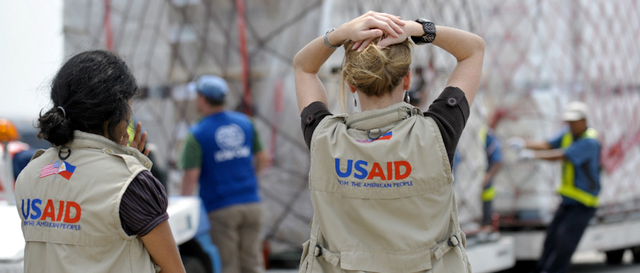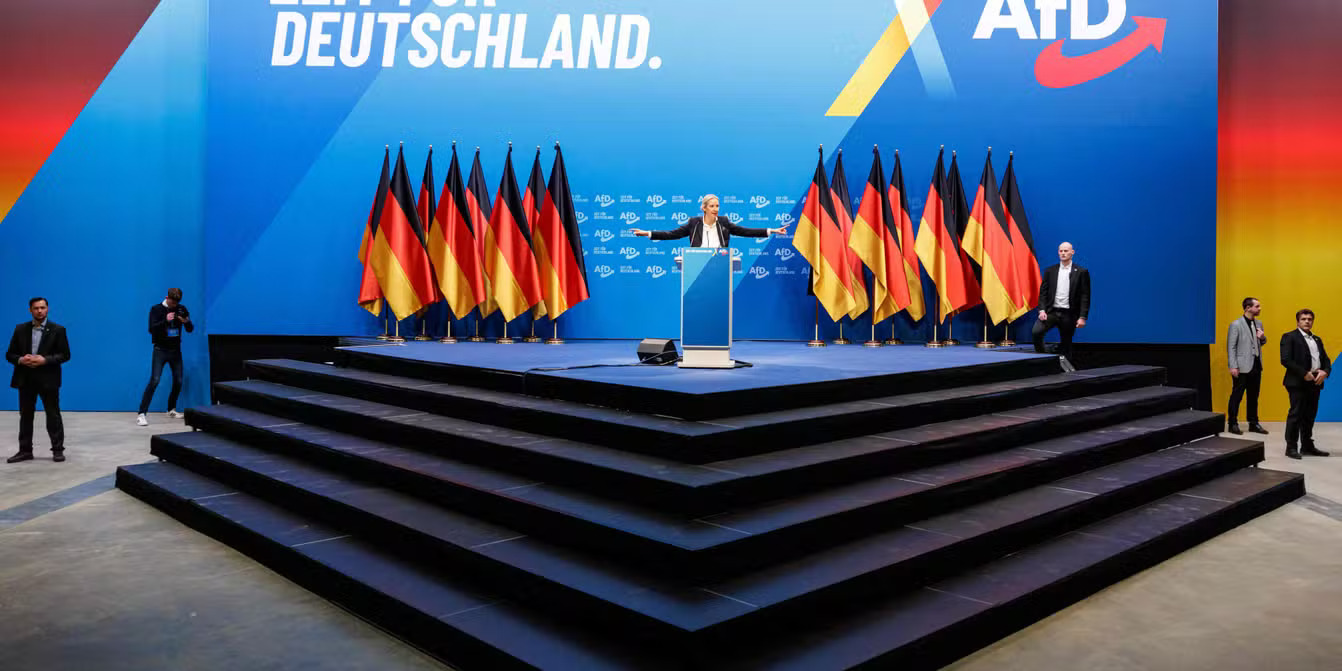A leaked United Nations document reveals the United States is working to dilute a global agreement meant to help developing countries confront climate change, economic inequality, and debt burdens.
The draft, obtained by Reuters, outlines negotiations ahead of a major UN summit — the 4th International Conference on Financing for Development (FFD4) — set for June in Seville, Spain.
According to the document, the Trump administration is pushing to delete references to climate action, gender equality, and sustainable development from the proposed global deal.
The U.S. also wants to weaken commitments to reform international tax systems, end fossil fuel subsidies, and fix credit rating practices that critics say unfairly penalize poorer nations.
“These are foundational issues for global development,” said Tom Mitchell, executive director of the International Institute for Environment and Development.
“This summit is meant to set priorities for the next decade — and the language matters.”
The draft shows the U.S. prefers softer language around financial reforms. For instance, it wants to replace a pledge to “commit to reform the international financial architecture” with a more neutral phrase recognizing the need to “enhance its resilience.”

READ ALSO: Ukraine’s Mineral Deal Gives Trump GOP a Reason to Back Zelensky
President Trump, who recently withdrew the U.S. from the Paris climate agreement and cut foreign development aid by over 80%, has installed a more isolationist agenda.
His administration has aligned with countries like Russia, China, and Saudi Arabia in pushing back on more ambitious international commitments.
One controversial proposal in the draft includes a “global solidarity levy” — potentially a tax on polluters or the ultra-wealthy — to help fund sustainable development. The U.S. strongly opposes it.
While the U.S. does support private sector innovation and financial literacy in developing countries, it has rejected several proposals tied to social protections, tax justice, and climate resilience.
The final agreement must be adopted by consensus. With the U.S. wielding major influence in global financial institutions like the IMF and World Bank, its resistance could force other nations to accept a weaker deal.
The U.N. has called on all countries to come to Seville “focused on solutions.”















